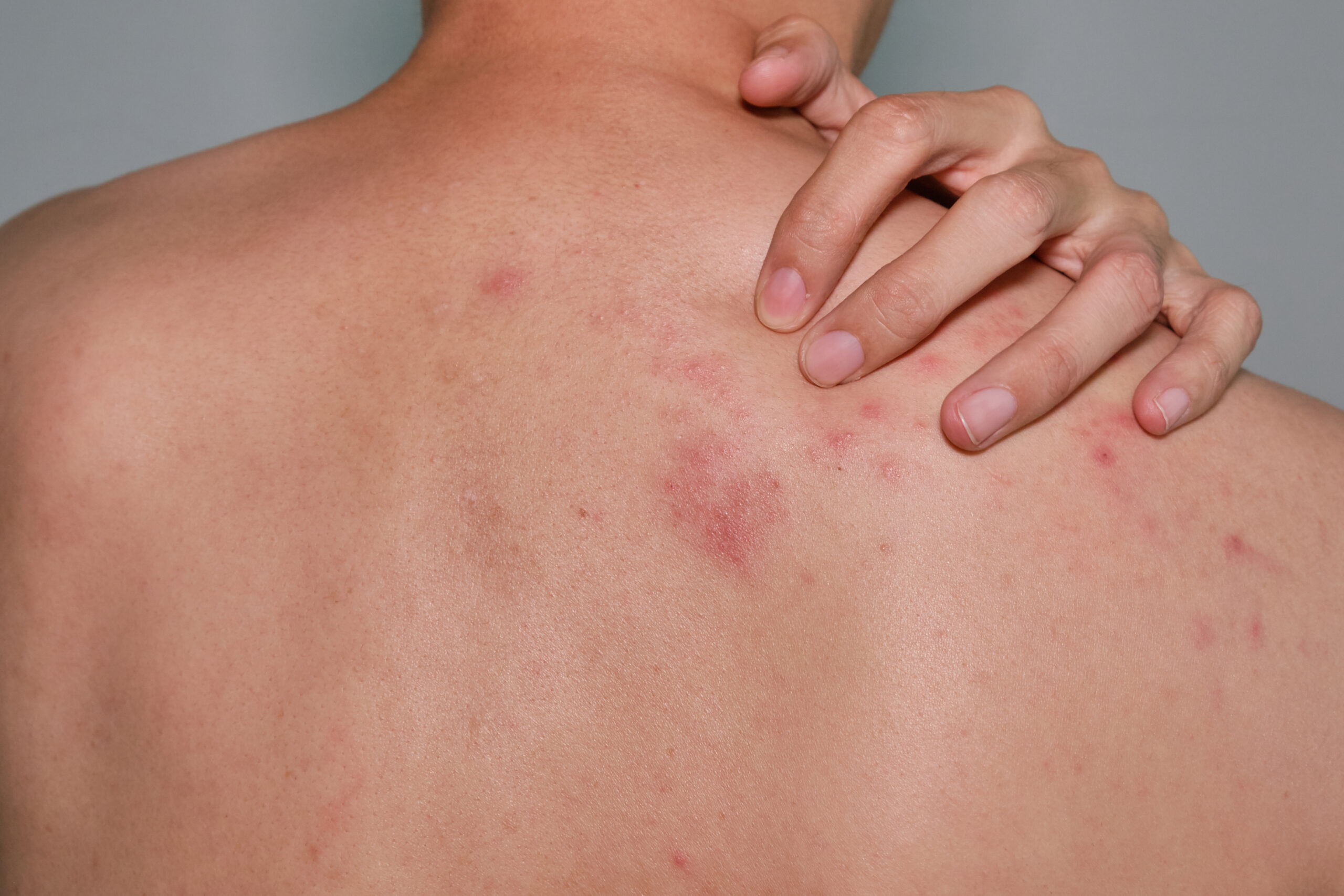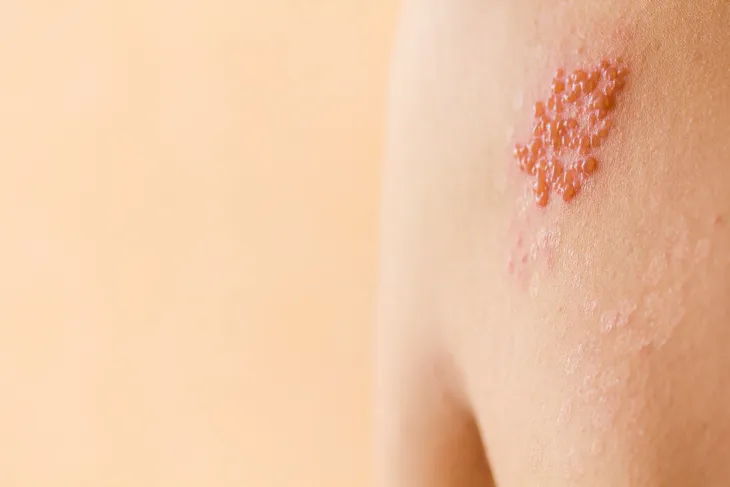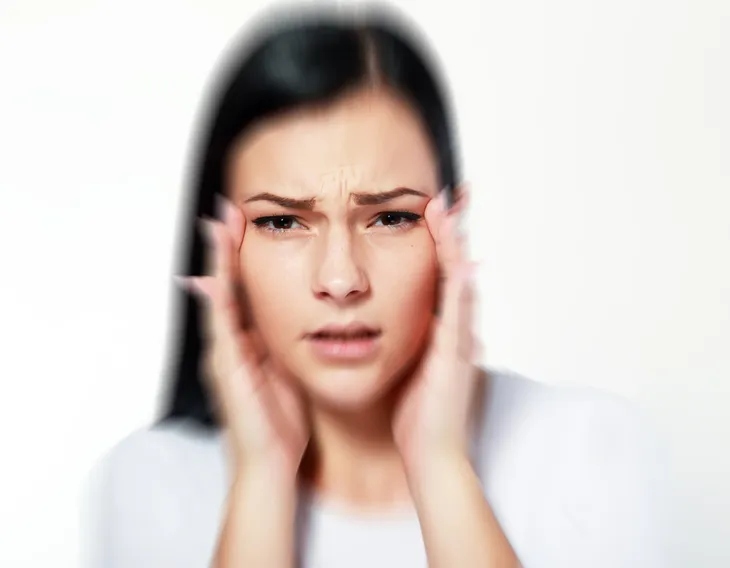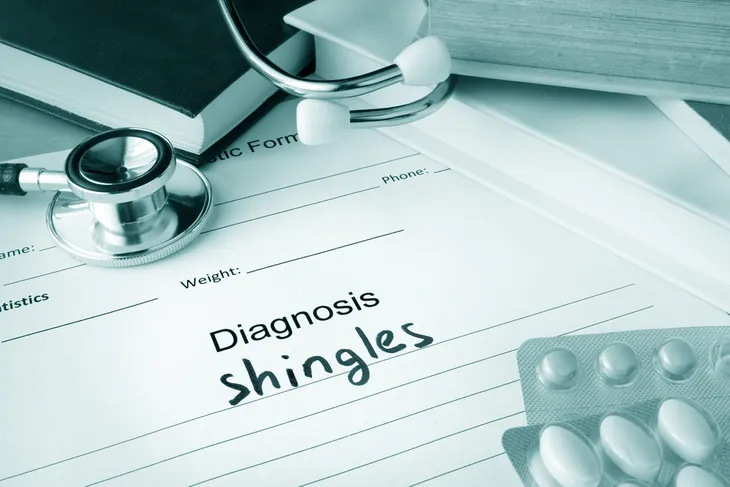According to the Centers for Disease Prevention and Control, roughly one in three Americans will develop shingles during their lifetime.
Shingles is non-contagious viral infection. The disease causes a painful skin rash and can lead to complications that will warrant hospitalisation. Shingles causes less than 100 deaths in the United States each year, though around 25 percent of people who contract it will need to spend time in hospital.
What Is Shingles?
Shingles affects nerve endings in the skin. Sufferers often experience skin blisters and rashes, along with nerve pain, burning, and an itching sensation.
Most people do not realize that shingles is caused by the same virus that causes chickenpox, varicella-zoster or VZV. Once you contract chickenpox — which happens to most people during childhood — the virus stays in your body but is dormant. In some people, the virus can eventually become active again. If this happens, it results in shingles rather than chickenpox. Currently, scientists do not have a conclusive answer as to why the virus remains dormant in some people but reactivates in others.
There is some evidence to suggest that shingles can affect internal organs rather than the skin, though this is extremely rare. Internal shingles can lead to digestive or neurological problems. It has also been linked to an increased risk of dementia and stroke.
Signs and Symptoms of Shingles
The earliest signs of shingles include pain, tingling, or itching across the surface of the skin. This almost always occurs before a rash or any other visible signs of the disease develop.
Interestingly, shingles usually appears as a single stripe of affected skin around the left of right side of the torso. Occasionally, shingles may affect the skin on the face. Facial shingles can ultimately lead to vision loss or eye problems, though this usually only occurs in people with weakened or suppressed immunity.
The most common symptoms of shingles include:
- A tingling, burning, or numbing sensation in the skin
- Nausea or vomiting
- Chills
- Headache
- Blisters
- Mild to moderate itching
- Moderate to severe pain
- Extreme touch sensitivity
As far as pain goes, shingles affects everyone differently. Some people may experience acute pain at the lightest touch, while others have only mild sensitivity.
Although there are instances of it occurring multiple times throughout a person’s life, most people who get shingles only have the disease once. How quickly a person recovers from shingles will depend on a variety of factors, including their own immune health. In most cases, the symptoms last for between three and five weeks.
How Do You Get Shingles?
It is not currently understood why some people who carry the VZV virus go on to develop shingles while others do not. However, there are certain risk factors which are thought to increase a person’s chances of getting the disease.
For instance, the overall risk that you will develop shingles increases with age, as around 50 percent of cases occur in people who are 60 or older. People over 70 years old are by far the most likely to be affected.
Any health condition or medication which can compromise or reduce natural immunity may increase a person’s risk of getting shingles. This is because the body’s own immune system is what keeps the dormant VZV virus in check.
The following may compromise immunity and leave you more likely to develop shingles:
- Excessive sun exposure
- Cancer treatments
- HIV infection
- Immunosuppressant drugs
- Anti-rejection drugs, such as those given after organ transplants
- Severe stress
You cannot catch shingles from someone who has shingles. However, you can catch chickenpox. If you are suffering with shingles and know somebody who has not had chickenpox yet, it is best to avoid contact with them as much as possible.
Complications
Shingles complications occur in roughly one in four cases. The most common shingles complication is a condition called postherpetic neuralgia (PHN).
PHN causes severe nerve pain in the affected area, even after visible signs of shingles have passed. This pain can last for several years after the original shingles infection and can severely impact day-to-day life. PHN is more likely to occur in people over 40 years old and affects 10 to 18 percent of all people who get shingles.
Some of the rarer complications associated with shingles are:
- Vision impairment
- Hearing impairment
- Brain swelling
- Death
Treatments
Shingles cannot be cured. However, the severity of the disease can be lessened with anti-viral medications, such as Valacyclovir, Famciclovir, and Acyclovir. Early treatment with these drugs may reduce pain and shorten the lifespan of the shingles infection.
Your doctor may prescribe you further medications to manage the pain associated with shingles. These include:
- Corticosteroid injections
- Codeine
- Topical numbing treatments
- Antidepressants
- Anticonvulsants
Natural Shingles Remedies
Many people who get shingles have found natural, home remedies effective in managing pain and discomfort. These are largely topical treatments designed to sooth the affected area, such as:
- Cooling baths
- Cold compresses
- A twice-daily treatment of baking soda and corn-starch
- Soothing lotions, especially those containing capsaicin
Adopting an anti-shingles diet can also do a great deal to ease symptoms and hasten recovery. A person suffering with shingles should avoid refined carbohydrates and high-sugar foods. Instead, aim to consume foods rich in vitamins, A, B-12, C, and E. Additionally, foods containing Lysine may help, as this amino acid is thought to suppress the VZV virus.
Some foods to include in your diet to speed up recovery from shingles are:
- Citrus fruits
- Eggs
- Wild-caught fish
- Beans
- Legumes
- Spinach
- Tomatoes
- Leafy green vegetables
Drinking plenty of water is also wise, as dehydration can weaken your body’s immune response.
When to Contact Your Doctor
If you have an unusual rash or are experiencing any of the other symptoms outlined in this article, book an appointment with your general doctor or dermatologist immediately. Shingles responds best to treatment and is likely to be less severe when caught in its earliest stages.










